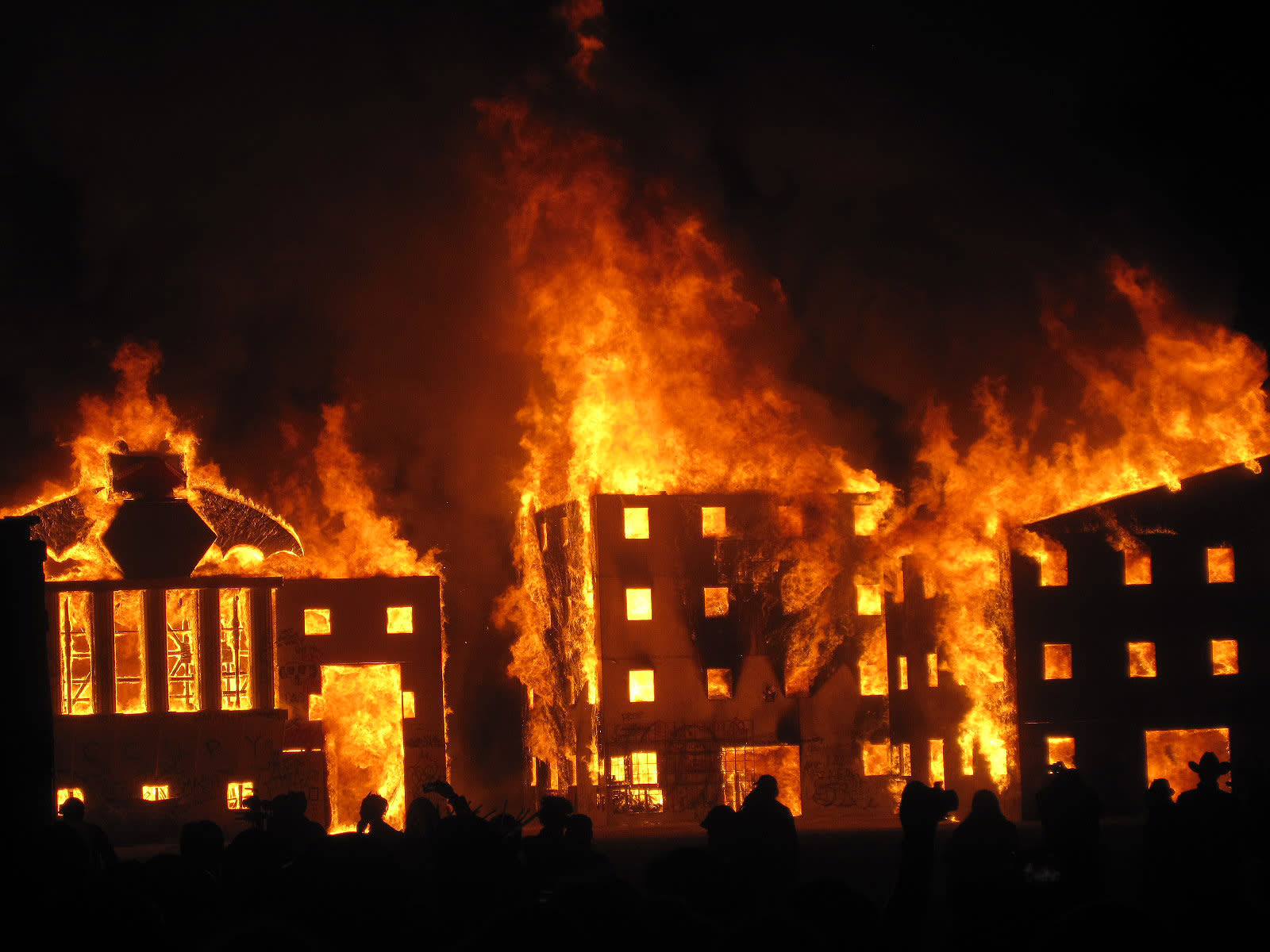Holy and Secular:
“The plague is spreading, it includes almost the entire city,” the physician reported to the mayor, “Our beautiful city Sura looks like a battlefield.” And the mayor asked, “You said that the plague has reached most of the city. What areas has it not yet attacked?” The physician replied, “Only one area has been saved, the neighborhood where the Jewish sage Rav lives. The plague has bypassed his area completely.” The mayor was amazed. “He must indeed be a great and righteous man, if the entire neighborhood is miraculously spared because of him.”
And later, in a dream, the Divine Spirit came to the mayor’s advisors: “Do you think the miracle happened because of Rav? You are wrong! Such a small miracle is not worthy of one as great as Rav. The miracle happened because of a poor and simple man who lends his shovel to others to bury their dead… in recognition of this act of kindness by this simple man, the entire neighborhood was saved!” (Based on Taanit 21b).
* * * * * *
The cry rang out through the streets of the city Drukaret: “Fire! Fire! Save yourselves! Run quickly, run quickly!” The fire spread quickly through the city, thousands of people could be seen running in all directions, and the beautiful city became a pile of ruins. The fire destroyed everything.
There was only one neighborhood where the fire did not come, the area where Rav Huna lived. The people of the neighborhood were amazed. “How lucky we are to live close to this righteous man,” they said to themselves. “His good deeds protected us from the ravages of the great fire. It is a pity that before this we did not appreciate him.”
In a dream, the Shechina came to the people who had thought this. Do you think that the miracle happened because of Rav Huna? Such a small miracle is not worthy of one as great as Rav Huna. The miracle happened because of a simple and poor woman, who allowed her neighbors to use up the heat that remained in her oven after she was finished baking… in recognition of the kind act by this simple woman, the entire neighborhood was saved! (Based on Taanit, ibid.)
* * * * * *
The moment the chazzan finished saying the phrase, “He who makes the wind blow and brings the rain,” blessed rain began to fall. Ilfa was surprised. The chazzan did not appear to be anybody special. But the fast day that Ilfa had declared did not bring rain, while the simple chazzan brought the rain immediately. Ilfa asked him, “What do you do?” And the man replied, “I am a simple man. The only thing of which I am proud is that I provide wine to my village for Kiddush and Havdalah. That`s all!” (See Taanit 24a).
* * * * * *
Our usual approach is to measure righteousness according to the consequence of the actions. We see Montifiore as a great man of charity, while we see the local gabbai in our synagogue as one who receives less credit for his charity. Rothschild was one of the greatest philanthropists, while our neighbor who provides meals for poor people is a small philanthropist.
The Talmud teaches us that heaven has a different way of evaluating acts of charity. Heaven checks the internal feelings of a person, specifically whether his intention is pure and simple. A contribution of 60 million dollars is not necessarily at a higher level than a charity fund that provides support for poor families. A penny can be as worthy as a hundred dollars, the most important thing is the intention.
In Rav’s neighborhood, other people probably gave larger contributions than the poor man with the shovel. But this man, who performed his deed from the heart, is the one who rescued the entire neighborhood. We must not make light of any person, we can never know how important his acts of kindness are.
Reprinted with permission from Zomet Institute (www.zomet.org.il).
The words of this author reflect his/her own opinions and do not necessarily represent the official position of the Orthodox Union.
